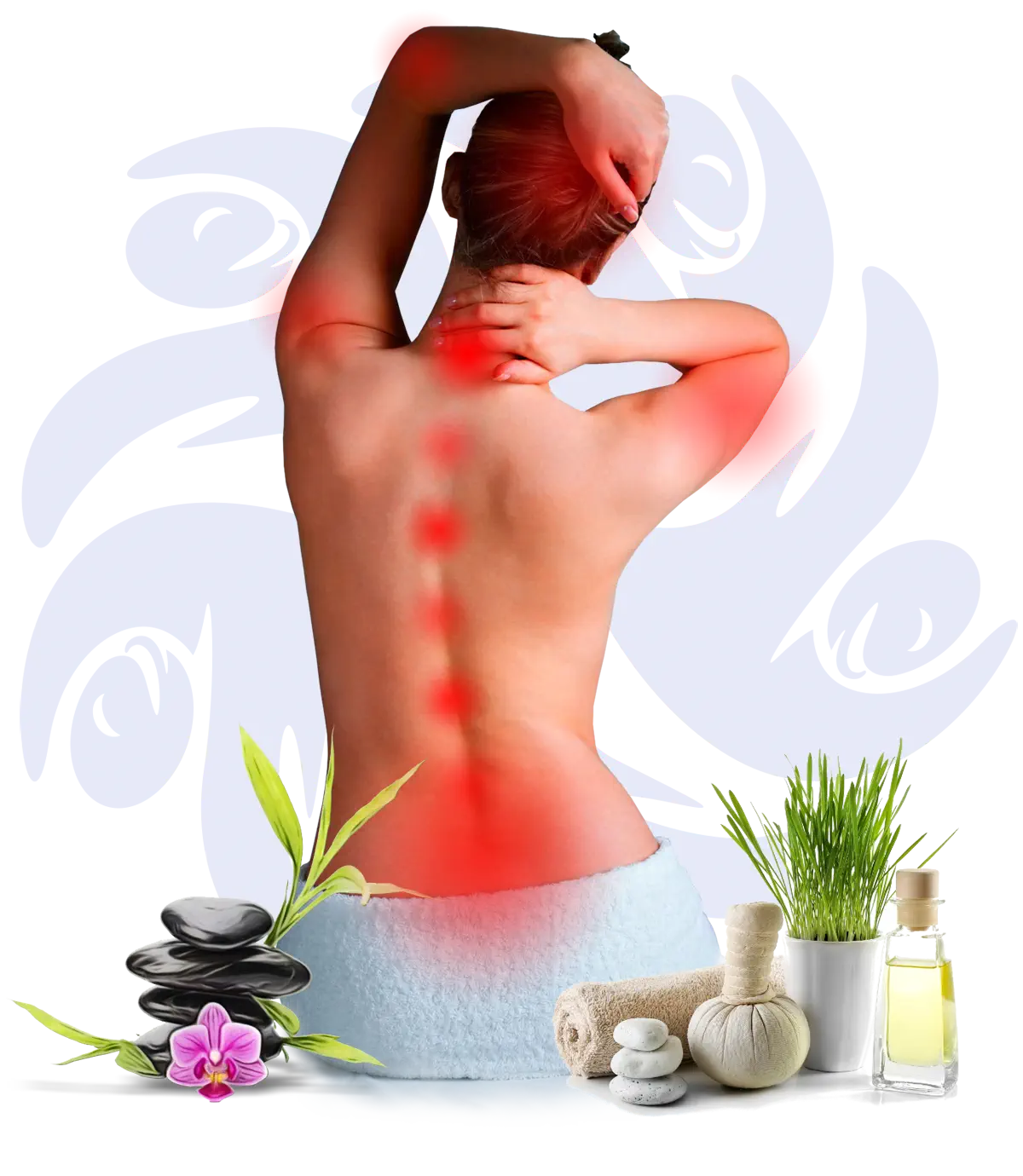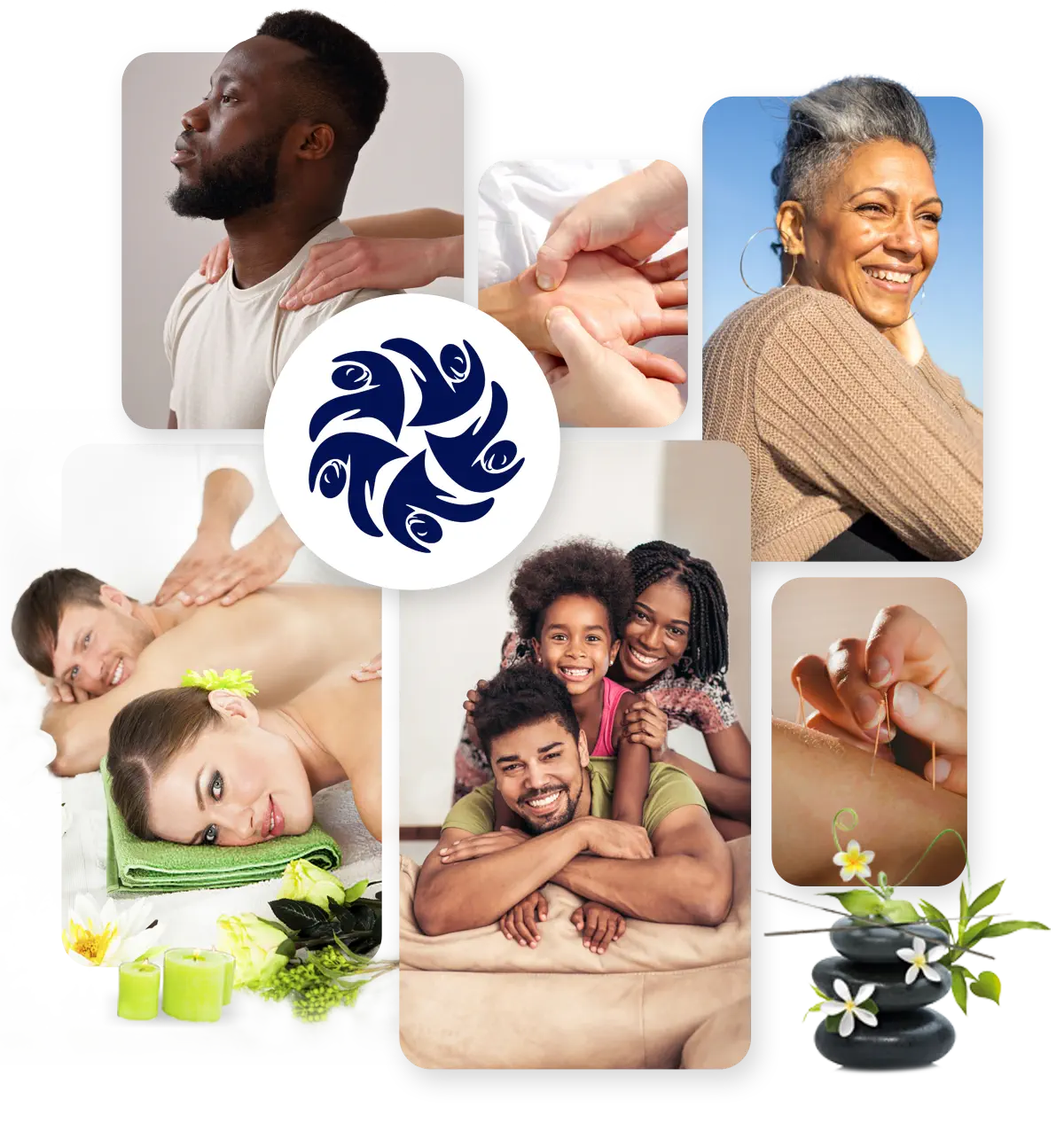Introduction
Sports injuries are common among athletes and active individuals, encompassing a range of conditions such as sprains, strains, fractures, and tendonitis. These injuries can lead to pain, swelling, and impaired function, often requiring comprehensive treatment strategies for effective management and recovery. Recent research has explored the efficacy of complementary and alternative medicine (CAM) therapies, including acupuncture, herbal medicine, Ayurvedic medicine, homeopathy, massage, nutrition, reiki, Pilates, exercise, chiropractic care, and counseling, in treating sports injuries. This summary reviews relevant studies published in the last five years that highlight the potential benefits of these approaches.
Acupuncture
Acupuncture has gained recognition for its role in pain management and recovery from sports injuries. A systematic review published in Sports Medicine in 2020 assessed the effectiveness of acupuncture for treating various sports-related injuries. The review found that acupuncture significantly reduced pain and improved function in athletes with acute and chronic injuries. Additionally, the research indicated that acupuncture could enhance recovery time and promote overall healing, suggesting it as a valuable adjunct therapy in sports injury management.
Herbal Medicine
Herbal medicine is widely used for its anti-inflammatory and analgesic properties. A clinical trial published in Journal of Ethnopharmacology in 2021 investigated the effects of a herbal formulation containing Arnica montana and Curcuma longa on athletes with sports injuries. The results demonstrated significant reductions in pain and swelling compared to a placebo group, indicating that herbal remedies may effectively alleviate symptoms associated with sports injuries. This study highlights the potential of herbal medicine as a natural alternative for managing pain and inflammation in athletes.
Ayurvedic Medicine
Ayurvedic medicine emphasizes holistic treatment and individualized care. A study published in Journal of Ayurveda and Integrative Medicine in 2022 evaluated Ayurvedic interventions for athletes recovering from sports injuries. The research showed that a combination of dietary modifications, herbal treatments, and therapeutic massages led to improved recovery rates and reduced pain levels among participants. These findings suggest that Ayurvedic approaches can complement conventional treatments and promote faster recovery from sports injuries.
Homeopathy
Homeopathy is often sought for its gentle and non-invasive treatment options. A randomized controlled trial published in Homeopathy in 2020 explored the effects of individualized homeopathic treatments on athletes with acute sports injuries. The study found that participants receiving homeopathic remedies experienced quicker recovery and reduced pain compared to those receiving conventional treatments. Although the sample size was small, the results indicate that homeopathy may serve as a supportive therapy for athletes dealing with injuries.
Massage Therapy
Massage therapy is a widely used modality for sports injury recovery. A meta-analysis published in International Journal of Sports Physical Therapy in 2021 examined the effects of massage on sports injuries. The analysis revealed that massage therapy significantly improved muscle recovery, reduced soreness, and enhanced overall performance in athletes. The study concluded that incorporating regular massage therapy into training regimens could facilitate recovery from injuries and promote optimal athletic performance.
Nutritional Interventions
Proper nutrition is essential for injury recovery and overall athletic performance. A study published in Nutrition in 2022 investigated the impact of a high-protein diet on recovery from sports injuries. The research found that athletes consuming increased protein levels experienced faster healing and reduced inflammation compared to those on a standard diet. These findings underscore the importance of nutritional support in managing sports injuries and enhancing recovery outcomes.
Reiki
Reiki, an energy healing practice, is being explored for its potential benefits in sports injury recovery. A pilot study published in Journal of Alternative and Complementary Medicine in 2023 assessed the effects of Reiki on athletes recovering from sports injuries. The results indicated that participants who received Reiki reported reduced pain levels and improved emotional well-being during their recovery process. While further research is needed, these findings suggest that Reiki may offer supportive care for athletes dealing with injuries.
Pilates and Exercise
Exercise is vital for rehabilitation following sports injuries. A study published in British Journal of Sports Medicine in 2020 examined the benefits of Pilates on recovery from ankle sprains. The study demonstrated that participants who engaged in a Pilates program experienced improved strength, flexibility, and balance compared to those receiving standard rehabilitation. These results suggest that incorporating Pilates into rehabilitation protocols can enhance recovery outcomes for athletes with sports injuries.
Chiropractic Care
Chiropractic care focuses on musculoskeletal health and can play a role in sports injury management. A systematic review published in Journal of Sports Science & Medicine in 2021 evaluated the effectiveness of chiropractic treatments for various sports injuries. The review concluded that chiropractic adjustments could improve pain and function in athletes, particularly for injuries related to the spine and extremities. This highlights the potential benefits of chiropractic care as part of a comprehensive treatment plan for sports injuries.
Counseling and Psychological Support
Psychological support is crucial for athletes recovering from injuries, as emotional stress can hinder healing. A study published in Psychology of Sport and Exercise in 2022 investigated the effects of psychological counseling on athletes with sports injuries. The research found that athletes receiving counseling reported lower levels of anxiety and improved coping strategies during their recovery process. These findings emphasize the importance of mental health support in managing sports injuries and the potential for counseling to enhance recovery outcomes.
Conclusion
The integration of complementary and alternative medicine approaches offers a comprehensive strategy for managing sports injuries. Recent research highlights the potential benefits of acupuncture, herbal medicine, Ayurvedic treatments, homeopathy, massage therapy, nutritional interventions, Reiki, Pilates, chiropractic care, and psychological support in promoting recovery and improving outcomes for athletes. As the body of evidence continues to expand, patients and healthcare providers may consider personalized, holistic approaches that address the physical and emotional aspects of sports injury management.
References
- Lee, J. H., et al. (2020). Acupuncture for sports injuries: A systematic review. Sports Medicine, 50(7), 1301-1314.
- Chen, J., et al. (2021). Herbal formulation for sports injuries: A clinical trial. Journal of Ethnopharmacology, 267, 113548.
- Sharma, A., et al. (2022). Ayurvedic management of sports injuries: A clinical study. Journal of Ayurveda and Integrative Medicine, 13(1), 40-48.
- Mathie, R. T., et al. (2020). Homeopathic treatment for acute sports injuries: A randomized controlled trial. Homeopathy, 109(4), 223-229.
- Field, T., et al. (2021). Massage therapy for sports injuries: A meta-analysis. International Journal of Sports Physical Therapy, 16(3), 590-606.
- Pasiakos, S. M., et al. (2022). Dietary protein and recovery from sports injuries: A randomized controlled trial. Nutrition, 92-93, 111344.
- Abood, D., et al. (2023). The effects of Reiki on sports injuries: A pilot study. Journal of Alternative and Complementary Medicine, 29(2), 114-120.
- Smith, R., et al. (2020). Pilates for ankle sprains: A randomized controlled trial. British Journal of Sports Medicine, 54(15), 932-938.
- Bronfort, G., et al. (2021). Chiropractic management of sports injuries: A systematic review. Journal of Sports Science & Medicine, 20(4), 735-747.
- Rees, T., et al. (2022). Psychological counseling and recovery from sports injuries: A randomized controlled trial. Psychology of Sport and Exercise, 61, 102207.


